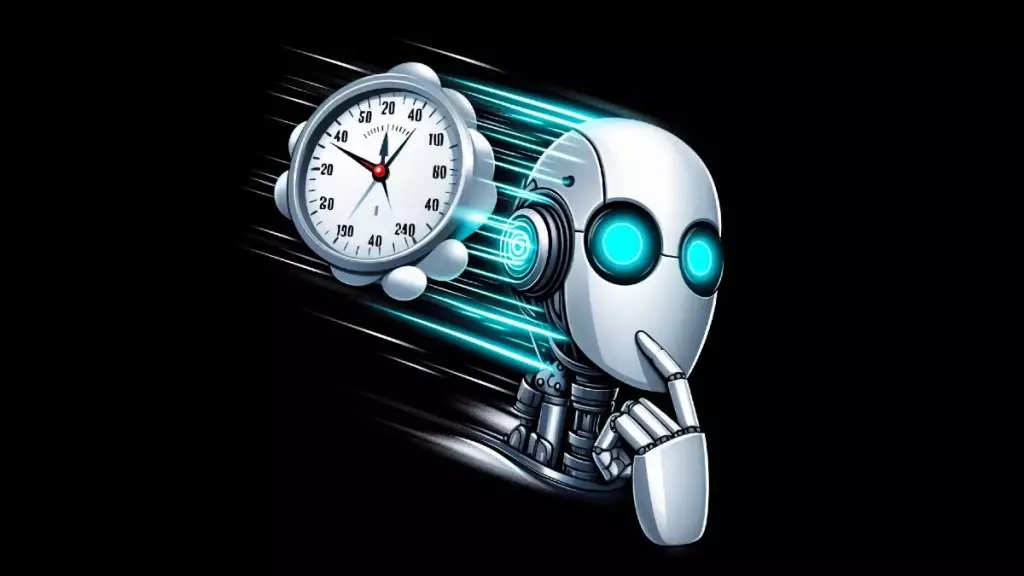When it comes to the capabilities of Large Language Models (LLMs), they are often likened to System 1 thinking, which is fast, intuitive, and automatic. System 1 thinking is what allows us to quickly recognize patterns, make snap judgments, and understand familiar symbols. On the other hand, System 2 thinking is slow, deliberate, and analytical. It requires conscious effort and is used for complex problem-solving tasks such as manipulating abstract symbols, solving mathematical equations, and planning intricate processes.
The Need for System 2 Techniques
In recent years, researchers have discovered that prompting LLMs to mimic System 2 thinking can enhance their reasoning capabilities. Techniques such as “Chain of Thought” require LLMs to generate intermediate reasoning steps before providing a final answer, leading to more accurate results for logical reasoning tasks. However, while effective, these System 2 prompting techniques make LLM applications slow and computationally expensive, hindering their practical utility in production systems.
In a groundbreaking paper, researchers at Meta FAIR introduce “System 2 distillation,” a novel technique that teaches LLMs complex tasks without the need for intermediate steps. This innovation combines the slow, deliberate processing of System 2 thinking with the fast-paced and compute-efficient generation of LLMs’ System 1 capabilities, resulting in a more streamlined and effective approach to handling complex reasoning tasks.
System 2 distillation leverages the concept of distillation in machine learning, where a larger model (the “teacher”) imparts knowledge to a smaller model (the “student”). However, unlike traditional distillation approaches, System 2 distillation does not rely on an external teacher model. Instead, it extracts the knowledge gained from the LLM’s own System 2 reasoning capabilities and distills it into its System 1 generation. By prompting the LLM to solve problems using System 2 techniques, verifying responses for correctness, discarding intermediate steps, and fine-tuning the model based on initial questions and answers, the researchers have created a more efficient and effective learning process.
The results of the study demonstrate that System 2 distillation can significantly enhance the performance of LLMs on complex reasoning tasks. It often matches or exceeds the accuracy of original System 2 methods while enabling faster response times and reduced computational costs by eliminating the need for intermediate reasoning steps. System 2 distillation has shown promise in tasks that require handling biased opinions, improving responses through clarification, and fine-grained evaluation and processing of complex tasks.
While System 2 distillation has proven to be a valuable optimization tool for LLM pipelines, there are still challenges to overcome. Not all types of reasoning skills can be distilled into fast-paced inference mechanisms, as evidenced by the inability to successfully distill complex math reasoning tasks. Further research is needed to understand the broader implications of distillation on LLM performance, especially for smaller models, and its effectiveness on tasks not included in the training dataset.
System 2 distillation represents a significant advancement in the evolution of LLMs, offering a more efficient and effective approach to handling complex reasoning tasks. As researchers continue to explore the potential of this technique, the future holds exciting possibilities for enhancing the performance of LLMs and unlocking new capabilities in artificial intelligence.


Leave a Reply